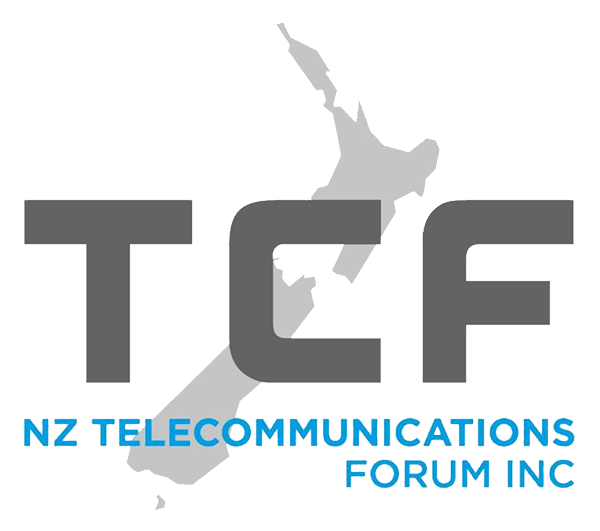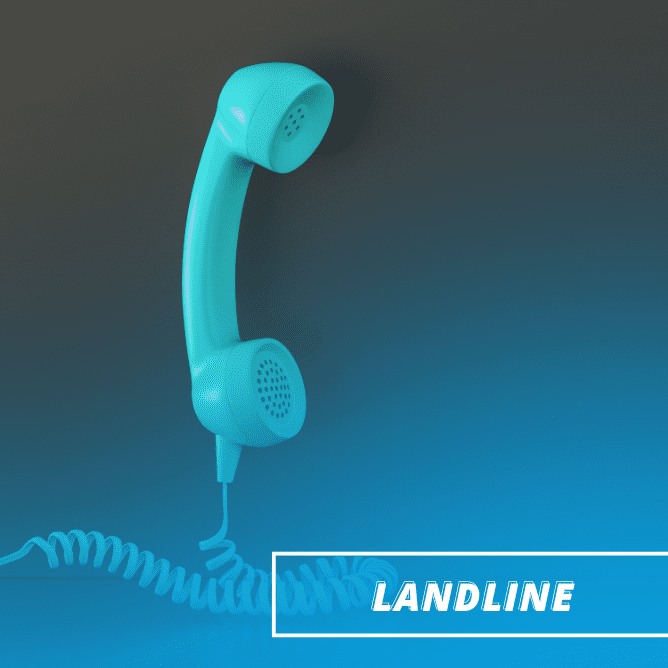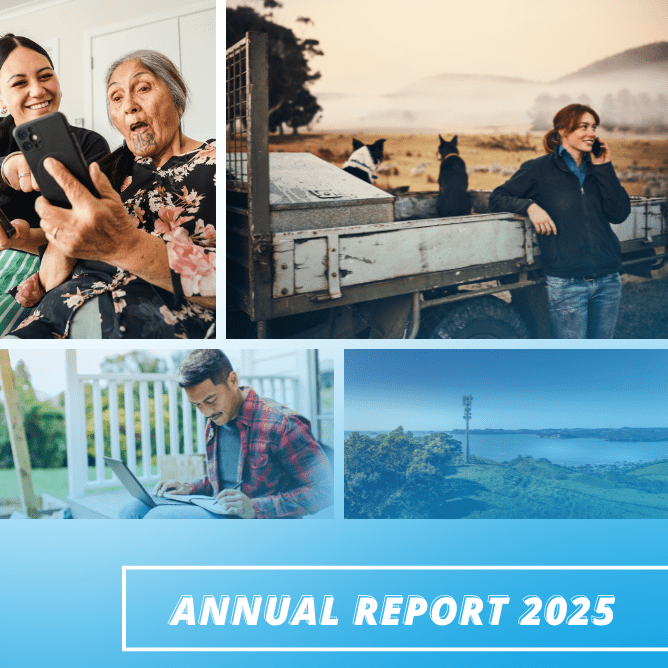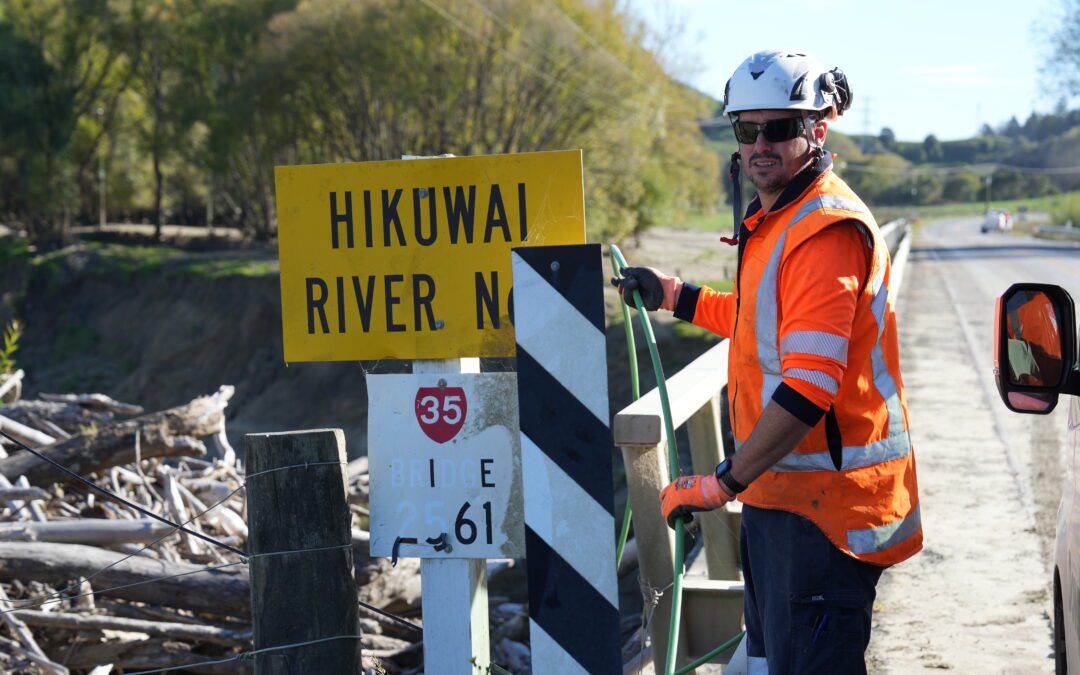The focus of the changes are to implement a new governance framework which has more autonomy and an increased emphasis on public awareness – something that’s important because not all telcos belong to the TDR scheme and it’s a vital part of the relationship between telcos and customers.
The TDR scheme was introduced in 2009. For the first time, it provided a way for consumers to seek an independent adjudication for any issues that couldn’t be resolved between provider and customer. In its first three months of operation fewer than 100 complaints were lodged with the scheme agent.
Today, the scheme covers most providers in the New Zealand market, attracts around 2700 complaints and enquiries each year and resolves a whopping 96% of issues at the first step, prior to formal mediation taking place.
I think this is a huge win for the consumer – complaints are handled quickly and efficiently and the TDR provides a robust backstop to ensure issues are resolved.
Last year the Commerce Commission reviewed operations and made a number of suggested changes to the way the TDR operates, most of which have now been adopted by Fairway, the company contracted to be the scheme agent.
But by far the largest and most challenging part of the Commission’s review was to take a closer look at the way the scheme is governed, and the Customer Complaints Code that sits behind it all, and as a result, the TCF and TDR members have been working on these areas for most of the year.
Originally the scheme was set up to be owned and operated by the telcos. The thinking behind that was ‘If it’s your sector, you should pay for the dispute process’. That was pretty standard in 2009 but in the years since, the thinking has changed.
Today, independence is key, and the Commission wants to see “clear lines of accountability”. I do too, and after commissioning a report into possible pathways for the TDR we’re now working to build a new TDR board, constitution and amend the scheme’s terms of reference.
The board will be made up of consumer representatives, an independent chair and senior leaders from the telco sector, much as it is today, but responsibility for the TDR will sit with the TDR Board rather than with the TCF.
Operationally, not much will change. The Fairway team will continue to be the front line of the TDR process and customers will continue to have a first rate disputes service they can call on if they reach a deadlock with their provider. My hope is that any systemic issues will be reported to the provider so they can be dealt with quickly and cleanly. That’s a positive move for all concerned.
The TCF and the Commerce Commission have been advocating for all telcos to join the scheme and today the Commerce Commission has published its list of telcos who are not yet members. We hope this will encourage all providers to sign up. It’s a very cost effective way of ensuring customers have the protection they should have and means we can build more trust in the services being provided by telcos of all types.
Disputes are difficult for everyone involved. Having a robust, transparent process that is independent and free for consumers means even when things go wrong we can make sure the customer is supported and can work through the process. That’s got to be good.
The new TDR governance framework documentation will go out for public consultation in the New Year after which transitioning governance arrangements to the new TDR board will begin.





















